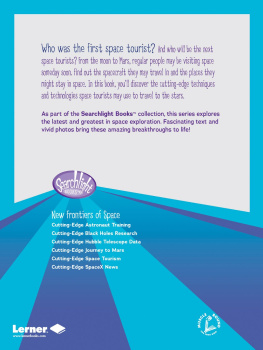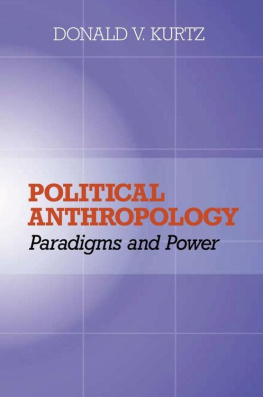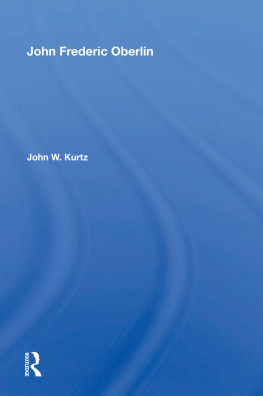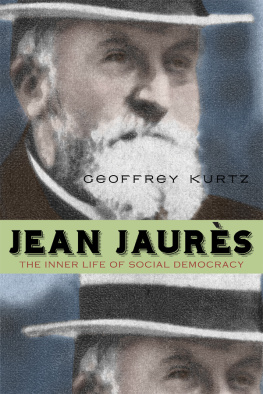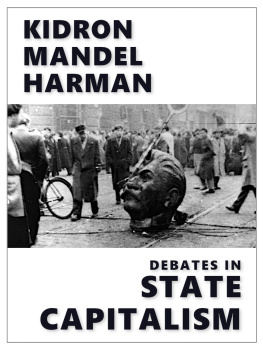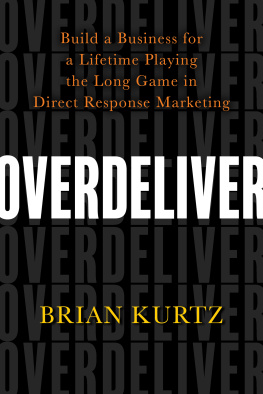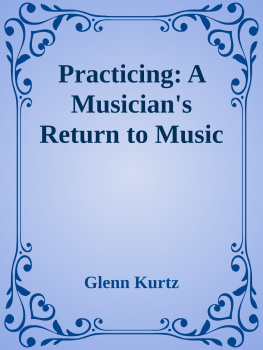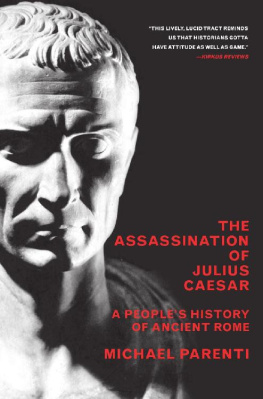2006 by the University Press of Kansas
All rights reserved
Published by the University Press of Kansas (Lawrence, Kansas 66045), which was organized by the Kansas Board of Regents and is operated and funded by Emporia State University, Fort Hays State University, Kansas State University, Pittsburg State University, the University of Kansas, and Wichita State University
Library of Congress Cataloging-in-Publication Data
Kurtz, Michael L., 1941-
The JFK assassination debates : lone gunman versus conspiracy / Michael L. Kurtz.
p. cm.
Includes bibliographical references and index.
ISBN 978-0-7006-1474-5 (cloth : alk. paper)
ISBN 978-0-7006-1625-1 (pbk. : alk. paper)
ISBN 978-0-7006-2249-8 (ebook)
1. Kennedy, John F. (John Fitzgerald), 19171963Assassination. 2. Oswald, Lee Harvey. 3. United States. Central Intelligence AgencyHistory20th century. 4. Organized crimeUnited StatesHistory20th century. 5. ConspiraciesUnited StatesHistory20th century. I. Title.
E842.9.K89 2006
364.1524dc22
2006019969
British Library Cataloguing-in-Publication Data is available.
Printed in the United States of America
1098765432
The paper used in this publication meets the minimum requirements of the American National Standard for Permanence of Paper for Printed Library Materials Z39.481984.
Preface
In the past six decades, three events so altered the course of American history that everyone old enough to recall them can remember exactly what they were doing when they first heard the news of their occurrence: the Japanese attack on Pearl Harbor on December 7, 1941; the assassination of President John F. Kennedy on November 22, 1963; and the terrorist attacks on America on September 11, 2001. This book covers the second of those events, the Kennedy assassination. Like Pearl Harbor and the terrorist attacks, the assassination came as a stunning surprise, so unexpected, so shocking, that it continues to fascinate the American people four decades later. The assassination proved to be a watershed, separating an era of popular trust and confidence in the institutions and leaders of American government from one of deep distrust and cynicism. Although many other eventsVietnam, Watergate, revelations of CIA-sponsored assassination plots against foreign heads of state, Iran-Contra, fundraising scandalsclearly contributed to a precipitous decline in popular confidence in government over the next four decades, the failure of a presidential commission to provide a convincing explanation of Kennedys murder and the governments massive cover-up of the relevant information about that crime formed the first of the events that undermined the historical faith that the American people had traditionally placed in their political leaders.
Before the issuance of the Warren Report in September 1964, it is no exaggeration to state that most Americans trusted their leaders to tell them the truth. J. Edgar Hoover was considered probably the most respected person in America, and even Lyndon Johnson could call upon a very high degree of popular trust in his leadership, at least during the early stages of his presidency. Initially, the Warren Commissions conclusion that Lee Harvey Oswald had acted alone in killing Kennedy received considerable support among the public, and as late as June 1966, polls showed nearly two-thirds of the American people expressing confidence in their government. But coinciding with Johnsons escalation of American involvement in Vietnam into a full-fledged war, combined with continual dissembling about that conflict by high-ranking members of his administration, books published by critics of the Warren Report in 1965, 1966, and 1967 convinced a very large number of Americans that their government had lied to them, and that the assassination had indeed resulted from a conspiracy. For all his faults, New Orleans district attorney Jim Garrison in 1967 touched a popular nerve when he hurled accusations against the Johnson administration and the CIA of covering up the truth about the assassination. Efforts by the national press and news media to denounce Garrison and defend the lone assassin theory failed to stem the growing public disillusionment with what had by then developed into a concerted effort by high government officials to prevent full disclosure of what really happened in Dealey Plaza.
By 1976, the barrage of public criticism, given new impetus by the public airing of the Zapruder film on national television the previous year and by Senate Intelligence Committee disclosures of assassination plots against the life of Fidel Castro, some entailing an unholy alliance of the CIA and the Mafia, persuaded the United States House of Representatives to establish a Select Committee on Assassinations to conduct a new investigation into the murders of John F. Kennedy and of Martin Luther King Jr. The publication of the House Select Committee Report in 1979, which concluded that the Kennedy assassination probably resulted from a conspiracy, did little to assuage public opinion. Furthermore, the House Select Committees insistence on conducting the bulk of its investigation and analysis of evidence in secret, together with its classifying all of its unpublished materials until the year 2029, only reinforced an already deep-rooted and totally justified suspicion of a massive cover-up. Throughout the 1980s, this suspicion grew deeper, as the great majority of the new studies of the assassination supported the arguments expressed by the earlier researchers that the assassination resulted from a conspiracy.
It took an unlikely individual, controversial Hollywood movie producer and director Oliver Stone, to force the issue of government concealment of many facts about the assassination into the open. Stones movie, JFK, partially based on Jim Garrisons 1988 book, On the Trailof the Assassins, unleashed a torrent of highly critical publicity, some published even before the December 1991 release of the movie. Accusing Stone of deception and of distorting historical truth in the interest of sensationalism, numerous members of the establishment vigorously attacked his theory of an assassination conspiracy. The denunciations of Stone came primarily from the mainstream press and media, which had always endorsed the Warren Commissions lone assassinno conspiracy version of the assassination. From Dan Rather to Anthony Lewis to George Will to William F. Buckley Jr., renowned members of the eastern seaboard press and media establishment from both the right and the left assailed Stone and attempted to persuade the public to accept the commissions account. Their efforts proved futile.
Whatever the shortcomings of JFK, both as a work of art and as a factual account of a historical event, through his masterful cinematic techniques, Oliver Stone did succeed in bringing the issue of government secrecy and cover-up to the attention of the general public, and the support that he generated among ordinary Americans persuaded Congress to pass and President George H. W. Bush to sign the President John F. Kennedy Assassination Records Collection Act of 1992. That act mandated the presidential appointment of an Assassination Records Review Board to identify, secure and make available all records relating to the assassination. After President Bill Clinton appointed the board in 1993, the panel, comprising one judge, one archivist, and three historians, disclosed that a massive cover-up had indeed taken place. An estimated four million pages of material relating directly or indirectly to the Kennedy assassination had been withheld from public availability and scrutiny for a decade and a half to three decades. During its five-year existence, the review board held public hearings and took depositions, laboring mightily against time constraints and bureaucratic intransigence to identify and make public those records that had been suppressed. Although the release of these materials did not reveal the smoking gun so eagerly anticipated by legions of conspiracy theorists, it did provide plenty of information confirming their long-stated claims of a massive government cover-up and outright distortion of evidence, and provided the advocates of conspiracy with plenty of additional material with which to reinforce their views.





